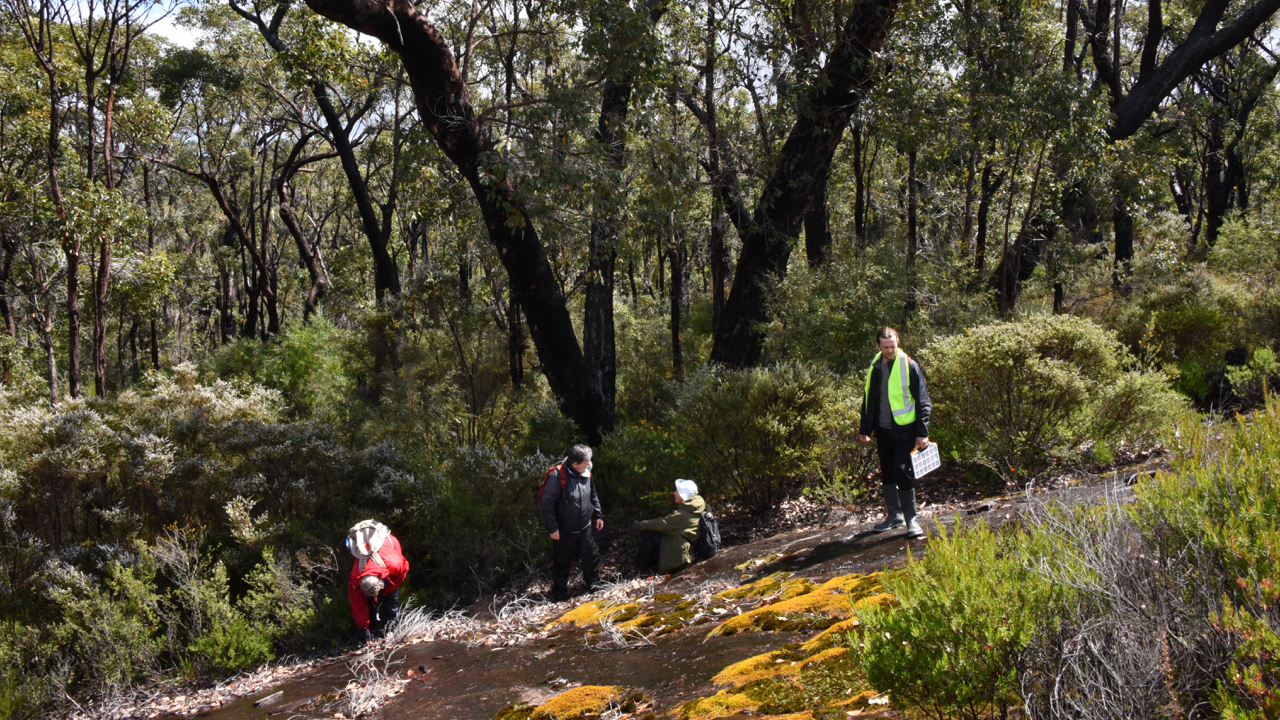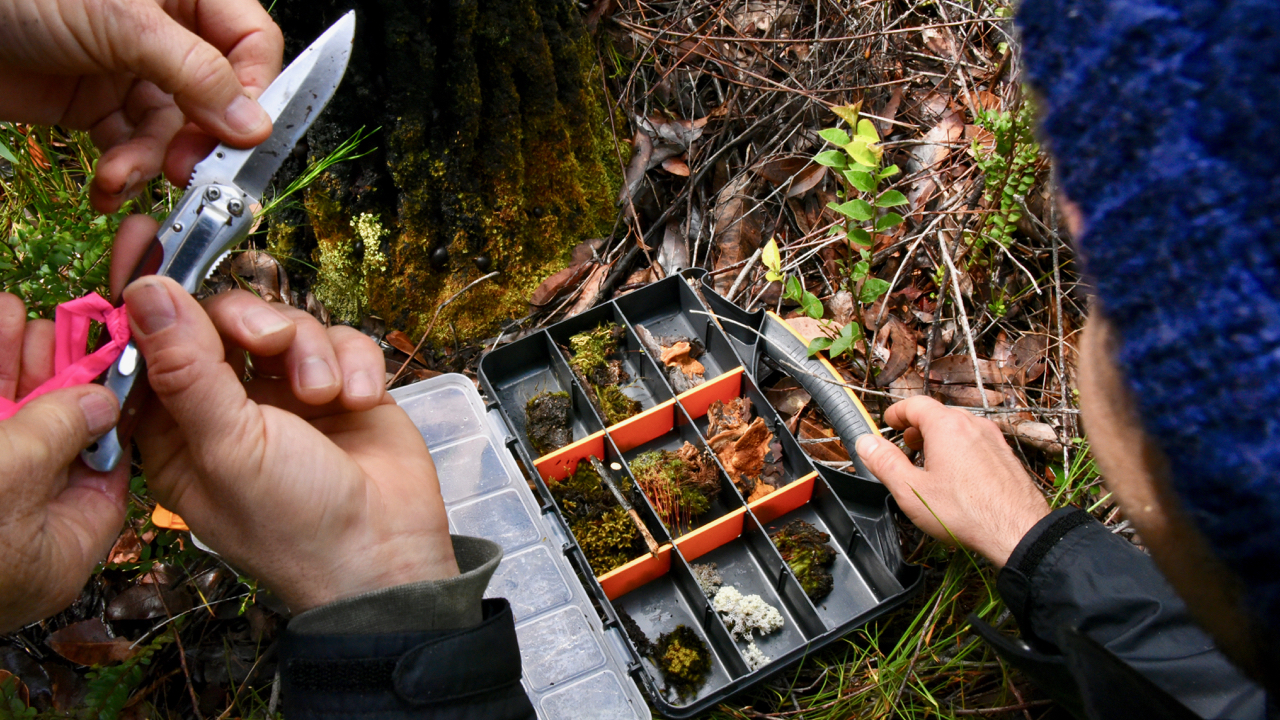A CITIZEN SCIENCE PROJECT
A bioblitz is a citizen science project where volunteers from across the community join with local enthusiasts, amateur experts and scientists to survey the species found in an area over a short period of time. The information gathered provides a snapshot in time of the biodiversity of the area and can be used to help improve our understanding and long term management.
The Walpole Wilderness Area is the only gazetted wilderness in Western Australia. Although recognised for its outstanding beauty, highly specialised habitat, unique species and incredible biodiversity, this area is poorly studied. Located in the highest rainfall zone of WA, it contains a number of specialised habitats that act as refugia for species that are relics from ancient times. Climate change has caused a significant decrease in rainfall over the past few decades which has led to the decline or disappearance of some of these important relictual habitats. A bioblitz will record valuable information on rare, common and even new species in the Walpole Wilderness which will greatly contribute to our understanding and future management of this unique environment.
The inaugural Walpole Wilderness BioBlitz (WWBB) was held on the 2nd & 3rd of October 2021. It was being coordinated by the Walpole-Nornalup National Park Association (WNNPA).
Plans are underway to make the WWBB an annual event so join the Walpole-Nornalup National Park Association today to keep up to date with this and other events.
THE PROGRAM
The WWBB comprises a series of surveys conducted by groups of up to 10 individuals. Within each group there will be experienced volunteers/experts who will guide the group as to how best to capture the species in the area. Most surveys will be about 3 hours long but some groups may be out for longer. There will be a mix of activities to cater for differing levels of field experience and fitness. Most activities will include “off trail” walking (through vegetation and on uneven ground) with participants walking from up to 1 km to over 10 km.
There is a central hub, Base Camp, in Walpole where registrations, identifications and networking will occur. This will be a great location for those not wishing to undertake fieldwork but still wanting to volunteer with species identification and recording.
For those unable to attend in person, there will be the opportunity to participate remotely. Sensor cameras and sound recorders will be placed in the wilderness prior to event with photos and recordings being made available for identification purposes throughout the course of the event. Photos will be uploaded onto iNaturalist throughout the day and your help in identification of specimens will be greatly appreciated.


